Seventeen-year-old Ruby (Emilia Jones) is the sole hearing member of her family. Besides trudging through school, her days are spent working on the family’s fishing boat and acting as an interpreter for her mother Jackie (Marlee Matlin) and father Frank (Troy Kotsur). Things begin to change, however, when she joins the school’s choir club and discovers a passion and a gift for singing. Soon, the young Ruby finds herself caught in that age old dilemma of the obligation she feels towards her family and pursuing her own dreams. CODA (which stands for Children of Deaf Adults) is a beautifully made coming of age tale that takes the familiar and transforms it into something that feels fresh.
In this Goggler exclusive, we speak to the incredible Troy Kotsur about improvising in sign, working with the legendary Marlee Matlin, and that pivotal moment between Frank and Ruby at the end of the movie.
Umapagan Ampikaipakan: Hey there Troy. It’s an absolute pleasure. I love the film. There is a great balance between comedy and drama in CODA. The movie was a lot funnier than I expected it to be. Can you talk to me a little bit about working off the script, and improvising, and how you found that balance?
Troy Kotsur: I’m so happy you asked me that question. When I looked at the script and the English phrases – especially with that scene when I sign “put a helmet on that, soldier” – sound a certain way. But I wanted to take it to another level and sign it in a way that makes it so much more visual and picturesque. It was fun for me to play around like that and improvise. Sometimes, they would tell me to tone it down a little bit. Or do another take. We’ll always try something different so that there are many options in order to get what’s best.
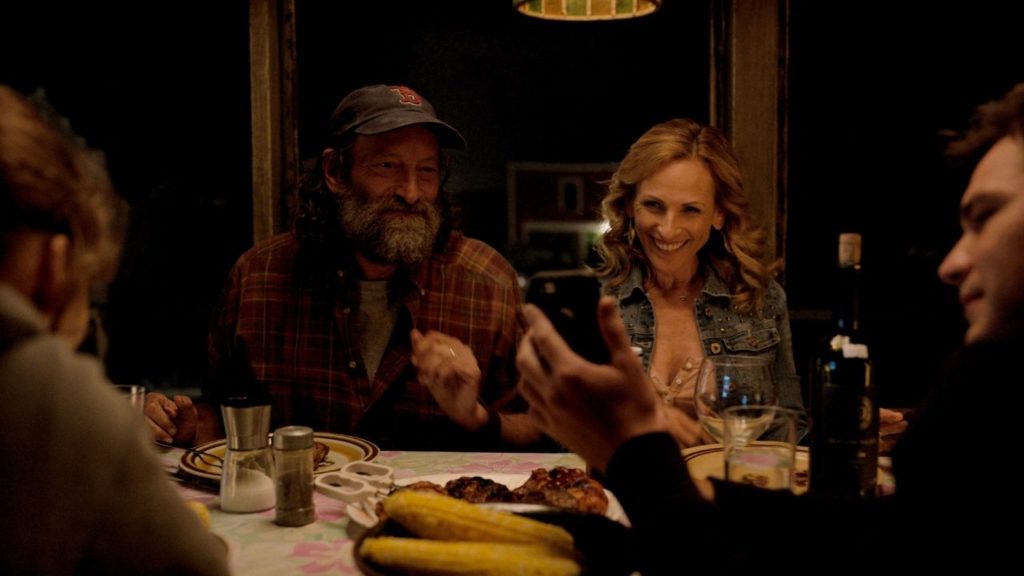
UA: What was it like to work with Marlee Matlin and to get to play her husband?
TK: Wow, it was such a blessing and an honor to be able to work with Marlee. I can remember as a young guy, I was 17 when I saw Children of a Lesser God, and I saw signing on the big screen. Marlee was the star and she inspired me. I remember saying to friends that “one day, one day I’m going to get to work with her.” And look, 30 years later, here we are working together on this movie.
We have such a fun, easy relationship. We joke around. We laugh. And the advantage is that we’d already known each other for years. She came to see some of my theatrical performances. I’ve watched her on TV. The deaf community is tight knit and we got very comfortable working together in several productions. And so, it was just a wonderful benefit that we had already forged a relationship and brought that to the movie.
UA: There are times when a movie can be more than just entertainment. What is your wish for CODA? What do you hope its impact will be?
TK: I think it depends a lot on your perspective, on where you grew up, and how much involvement you have with the deaf community. It depends on your background. Have you met a deaf person in the past? That plays a part. How far removed are you from the core deaf community? Are you in the center or are you in the periphery? All of that has an impact when you go to see this film. It makes a difference. And I’m hoping that it changes perspectives. I hope that people realize that we’re just using a different language. Because it’s amazing to see those transformations.
I’m so glad that we have the right story, the right cast, the right director, and the right timing. I think it was ripe for the picking and for other people to experience this story. It’s just a wonderful step forward.
UA: I agree. I think this movie will have a profound impact, especially for those who haven’t necessarily had much contact with the deaf community, I think there’s an element of this film that, on top of being incredibly entertaining, truly educates people. But what about you? What was the impact that this movie had on you? Did it change you in any way?
TK: When I first got offered the role, I remember the director asking me not to shave and not to cut my hair. And then five, six months go by, and my identity as Troy completely disappeared. I tried to meet her vision. I learned about fishing. I did the work. It allowed me to delve into the character and discover what it was really like to be a fisherman. I’m so happy that I had the time to think things over, to do the research, and learn about this world. Preparing as an actor is always very important and this role gave me the time and the space to do that.
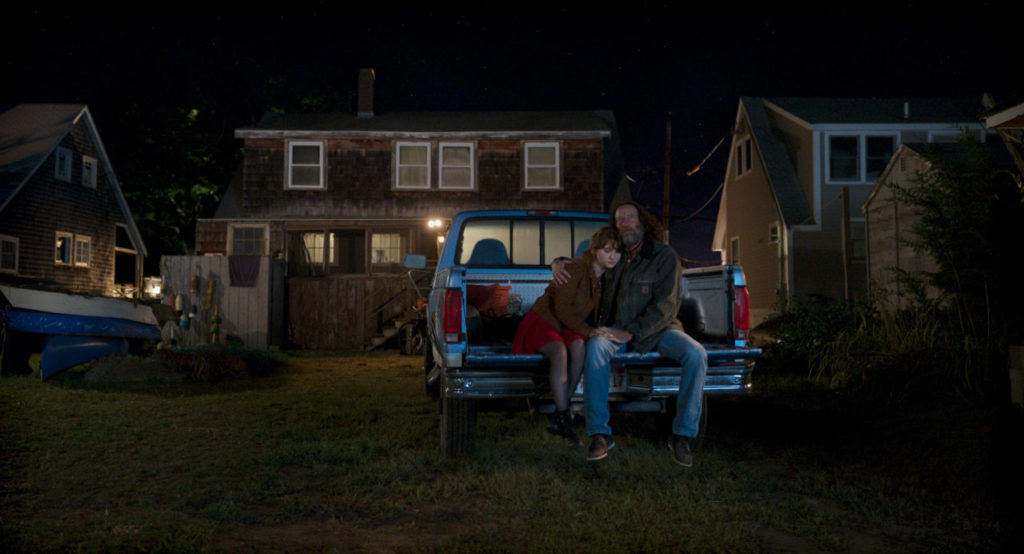
UA: Talk to me about the last scene in the movie when Frank speaks for the first time and says “Go!” In a movie that plays with silence and sounds, that was an incredibly powerful moment.
TK: That is a really good question. It’s interesting because, as you know, I have a deaf accent, and I knew that there would be several takes. But I didn’t have access to what my voice sounds like. And it is in that moment of vocalizing that the whole point of the story comes to ahead. “Go!” means I’m letting go. I always use sign language. That is my language. And I felt like, at that moment, I needed to be fair to Ruby and be reciprocal to everything she’s done for the family. I needed to use my voice because I knew she could hear and I wanted her to remember my voice before she went away. It was a really tender moment.

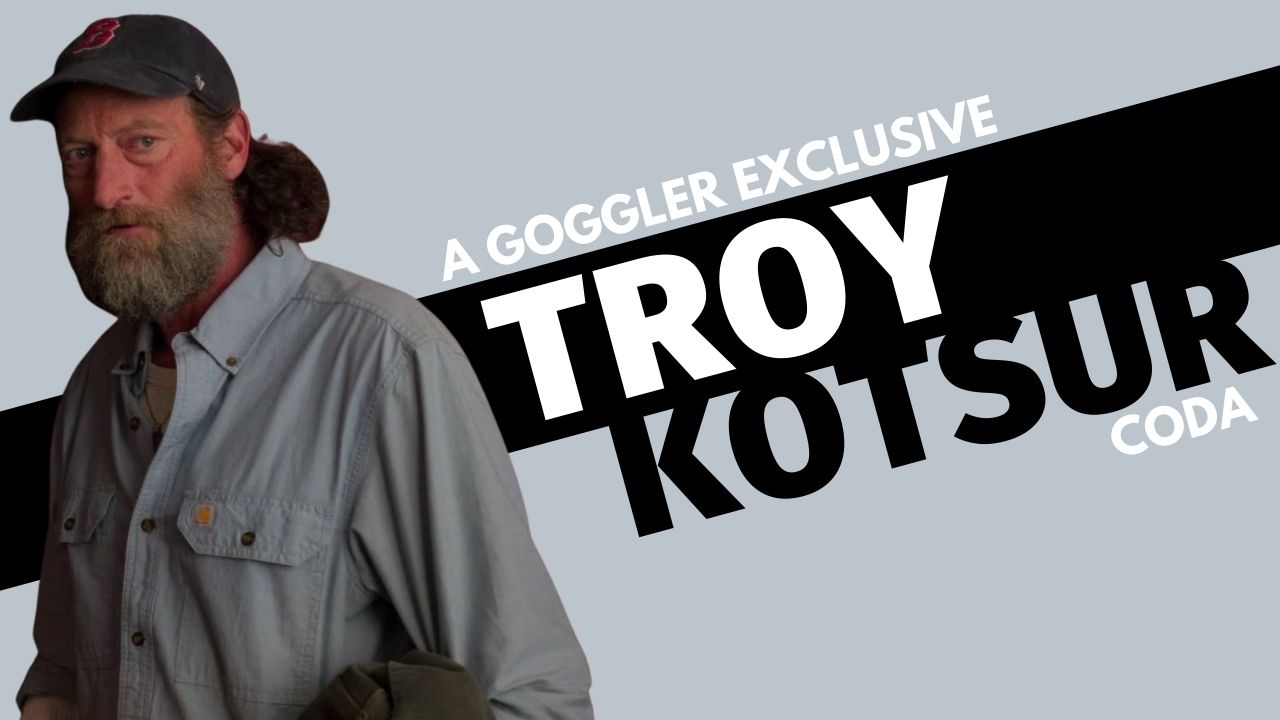
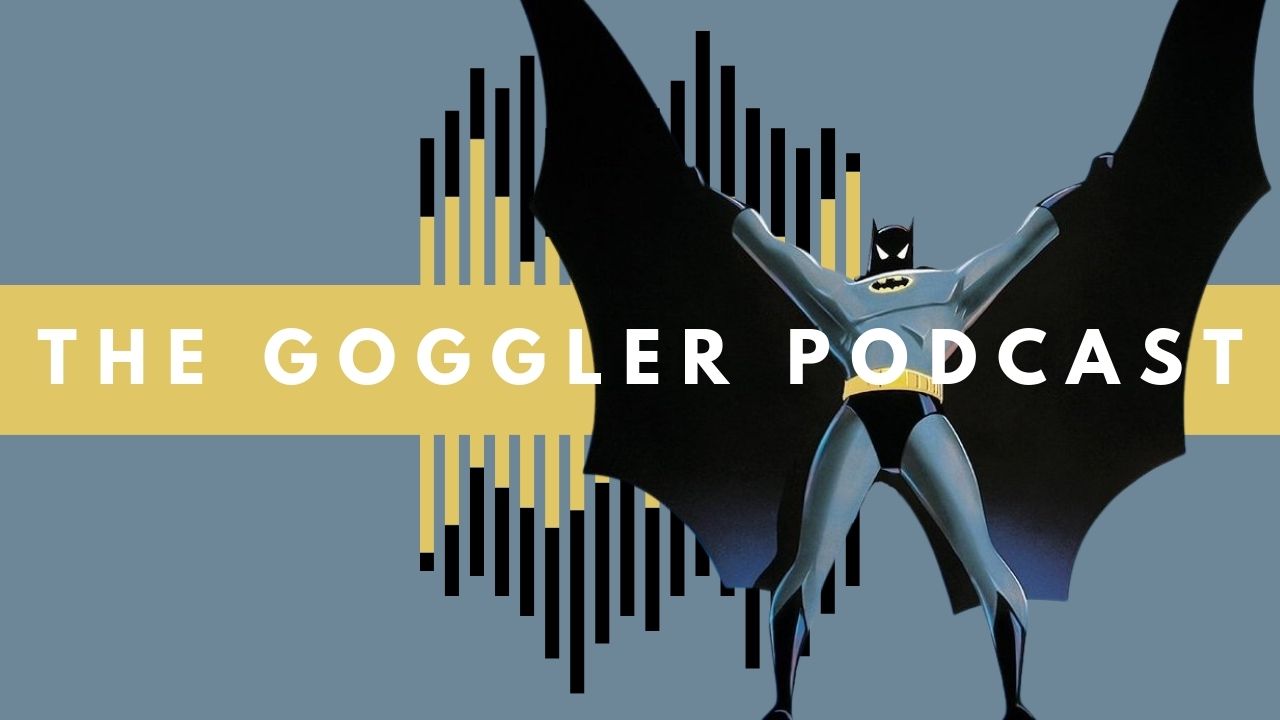
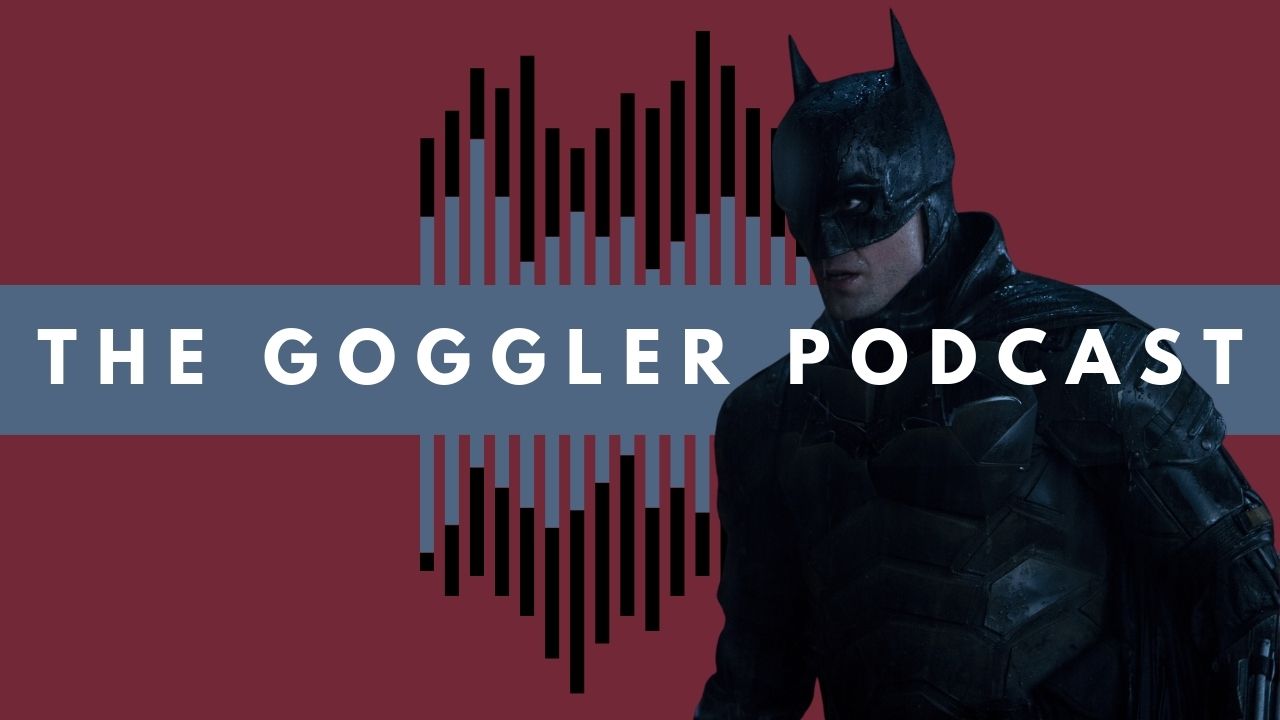
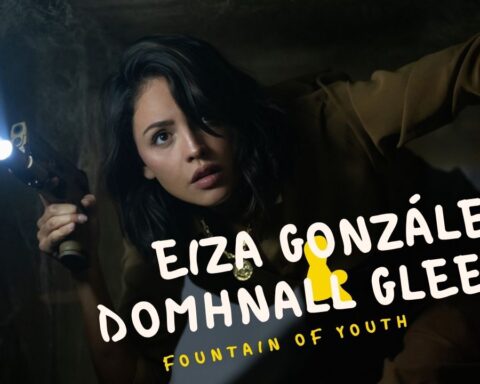
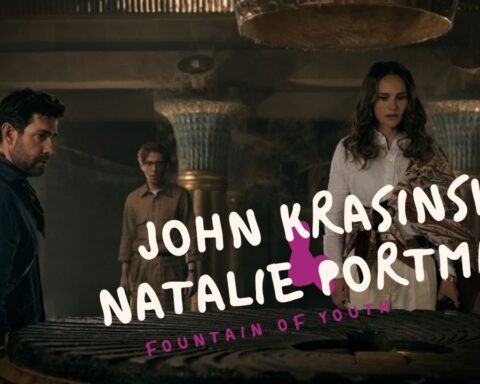
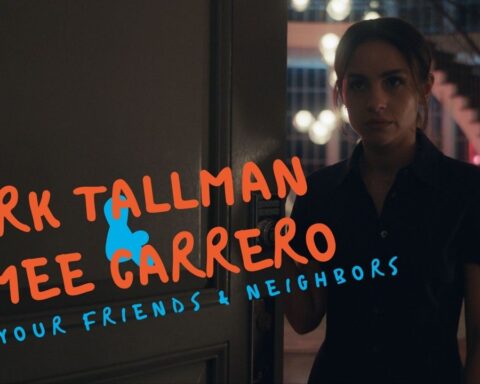
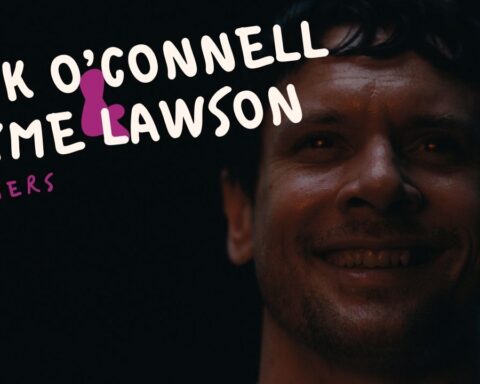
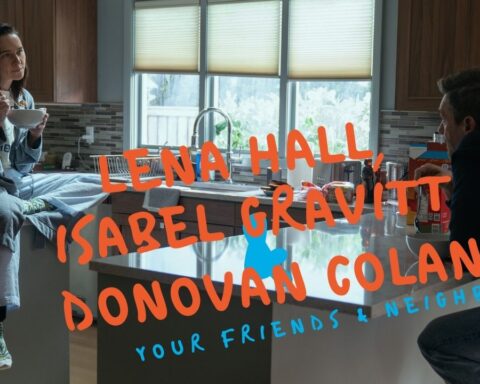
Follow Us